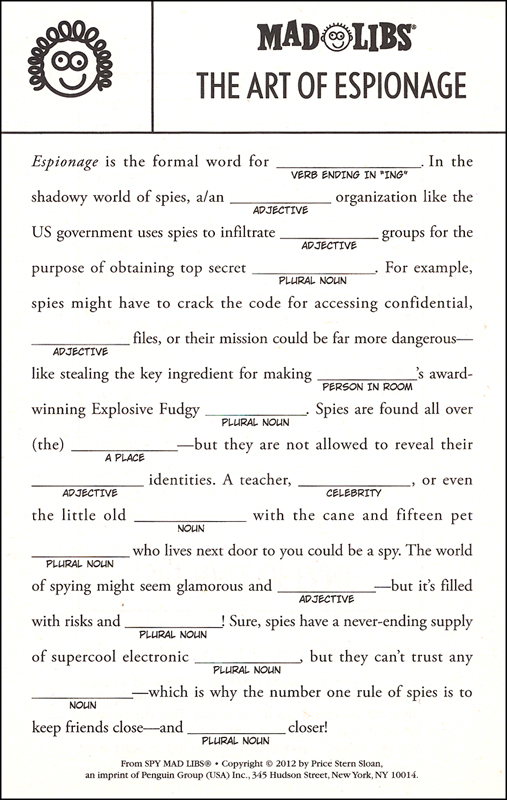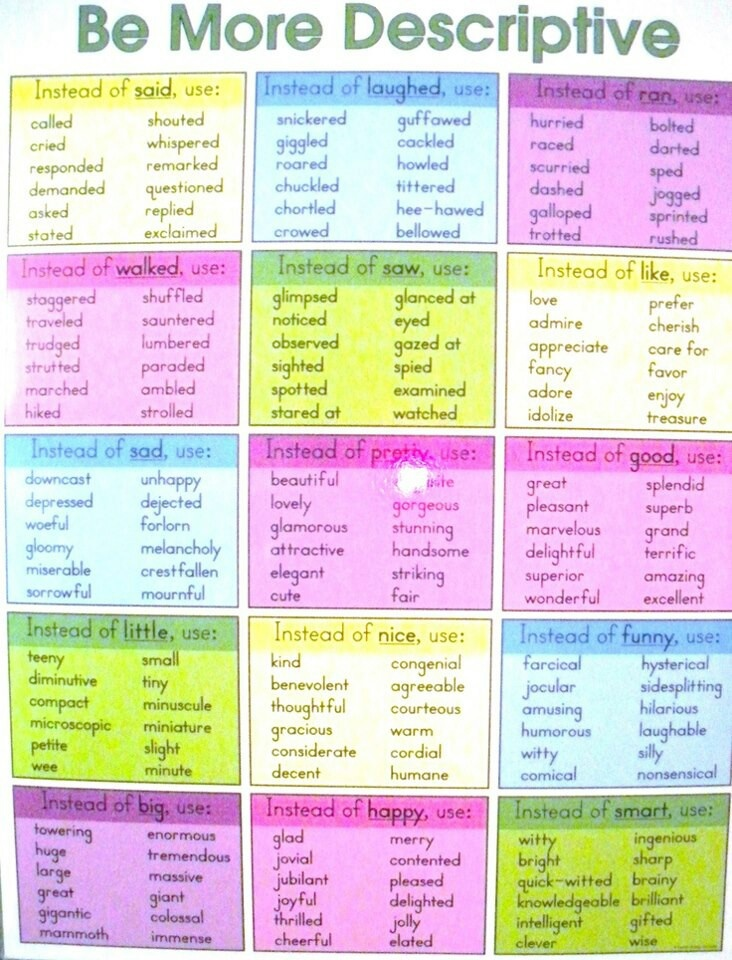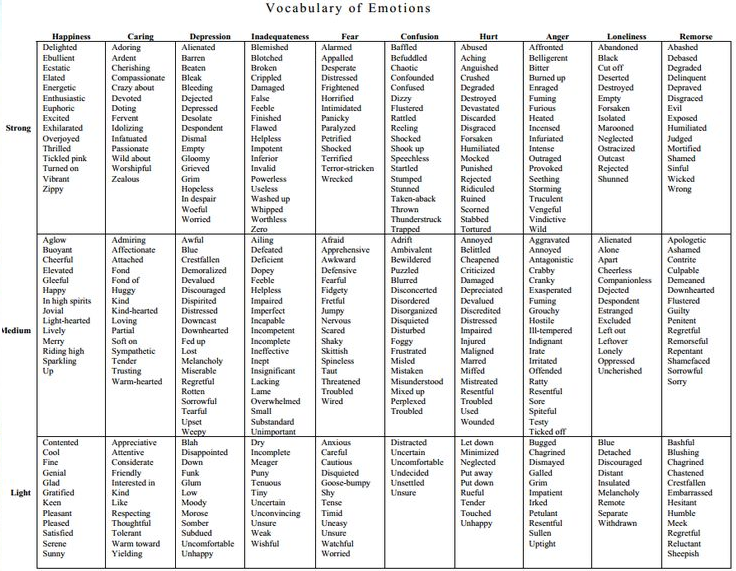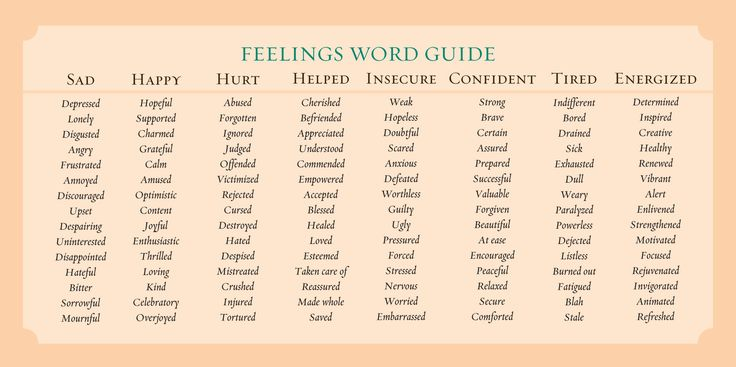This is one of my “write outside your comfort zone” posts. Non-traditional characters is my own term when I refer to non-white characters. This is not about any social issues or working with my own personal tangent of motives. No. This topic comes from an open need for many different races in the world who do not have access to mainstream or highly available books within their races / cultures.
I saw a post on twitter of an article of how only a small number of books have the lead character to be people of color, Asian, Hispanic, or fill-in-the-blank. Even less books are written by the same groups. I’ve noticed that a lot of agencies are requesting books of the minorities and of the LGBTQ communities.
I’ll go a step further and include characters with disabilities: whether they are physically hindered, emotionally, or mentally. I, myself, am dyslexic. And as a writer, it’s a pain to deal with and I’m sure you, the reader, have noticed several grammar errors that I’ve failed to find.
When writing of different cultures, races, LGBTQ, or disabilities that you are not familiar with, you need to do a LOT of research. You need to actually get to know the culture/people. Cook the food, listen to the music, go to parades, volunteer at camps for special needs, watch you tube videos, find newspapers/articles, interview people, and so forth.
A couple of weeks ago I posted some links to Tedtalks videos. I highly encourage you to watch the last one listed “The Danger of a Single Story”. Chimamanda Adichie is from Africa and she spoke of how her culture has been misrepresented. The best part of the video was when she spoke of her roommate in college who wanted to listen to music from Adichie’s home culture and that the roommate was disappointed when Adichie pulled out a Mariah Carey cd.
I’m not saying you need to stop what you are doing and change everything you write just to include a larger diversified group, but I am saying that you need to consider it. This is a chance for you to grow as a writer and as an individual. Learn and expand your understanding. We are all human. Don’t limit yourself and each other. Your characters are not going to fit inside a neatly wrapped box. We all have different traits that make us unique individuals, so should your characters.
A couple of examples that were successful:
Stephanie Myers with the Twilight Saga brought out the Quileute Nation on the La Push reservation. Jacob Black was one of the main characters was Native American. And then Jacob’s father, Billy, was wheelchair bound. Billy Black was a strong sub character who played several important roles throughout the series. His disabilities did not limit his character, nor should they.
Rick Riordan’s Percy Jackson series. Percy Jackson is the main character who has dyslexia, but with a plot twist it’s because he can read/translate Greek. Riordan said that he wrote the character because his own son was dyslexic and wanted a character that could relate to his son.
L. R. Mauck



 A few times I’ve heard and read about writers needing to be cautious of their stories “voice” sounding age / education level appropriate of the characters involved. Such as if the story is middle school age children, than the characters should not sound as if they have doctorate degrees in science.
A few times I’ve heard and read about writers needing to be cautious of their stories “voice” sounding age / education level appropriate of the characters involved. Such as if the story is middle school age children, than the characters should not sound as if they have doctorate degrees in science.




